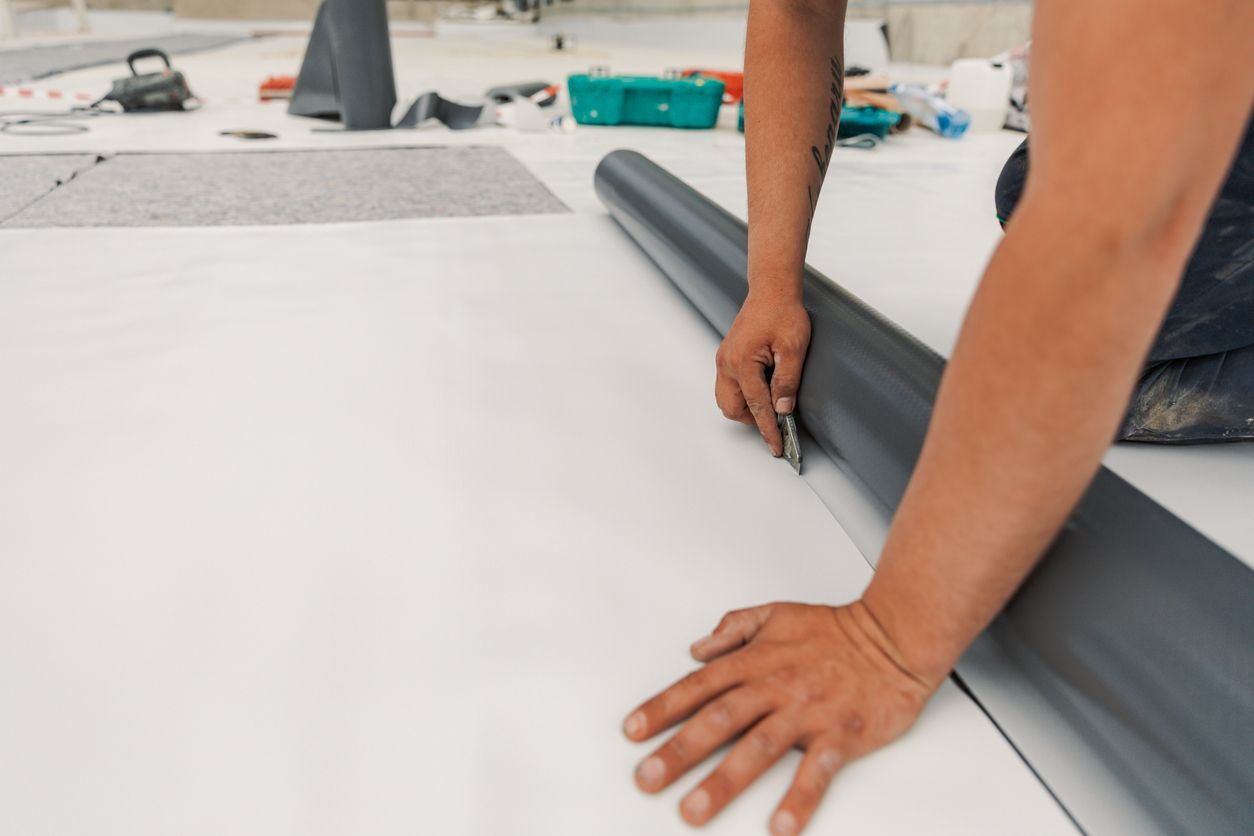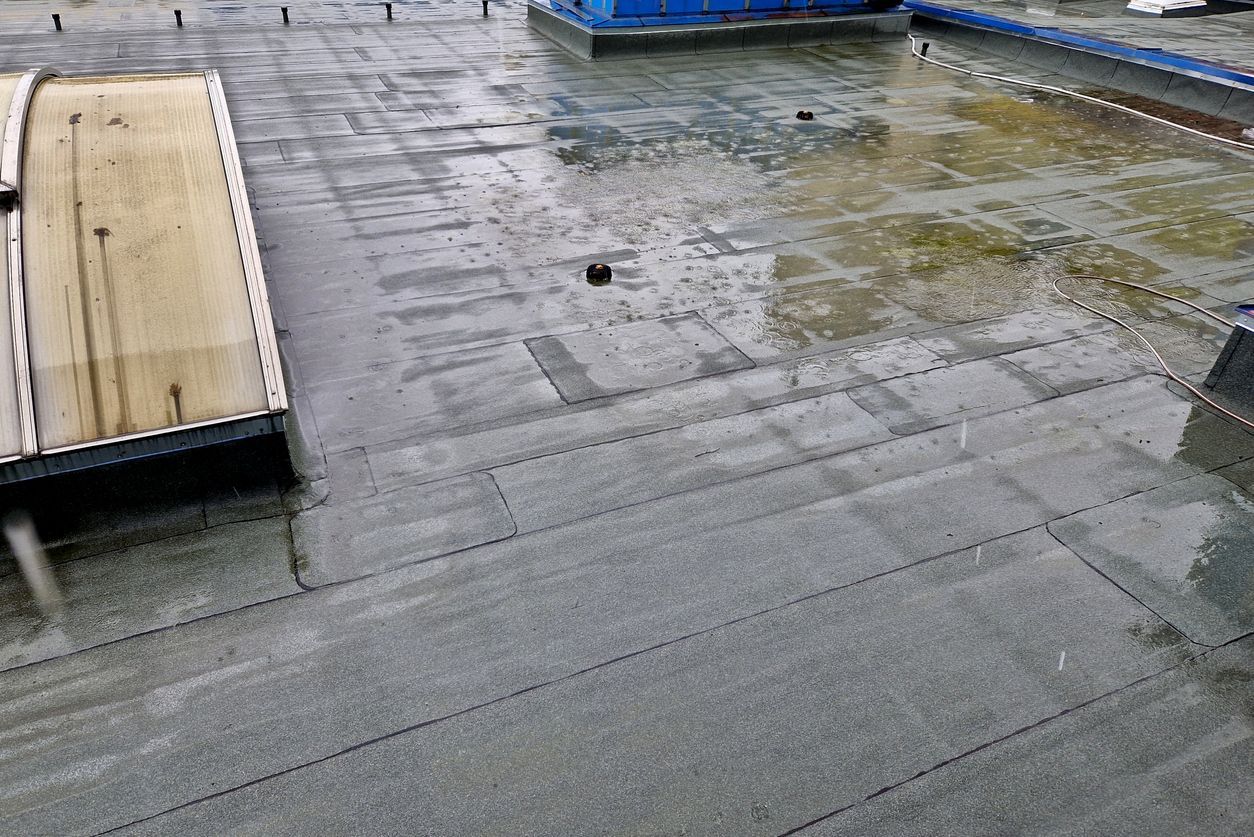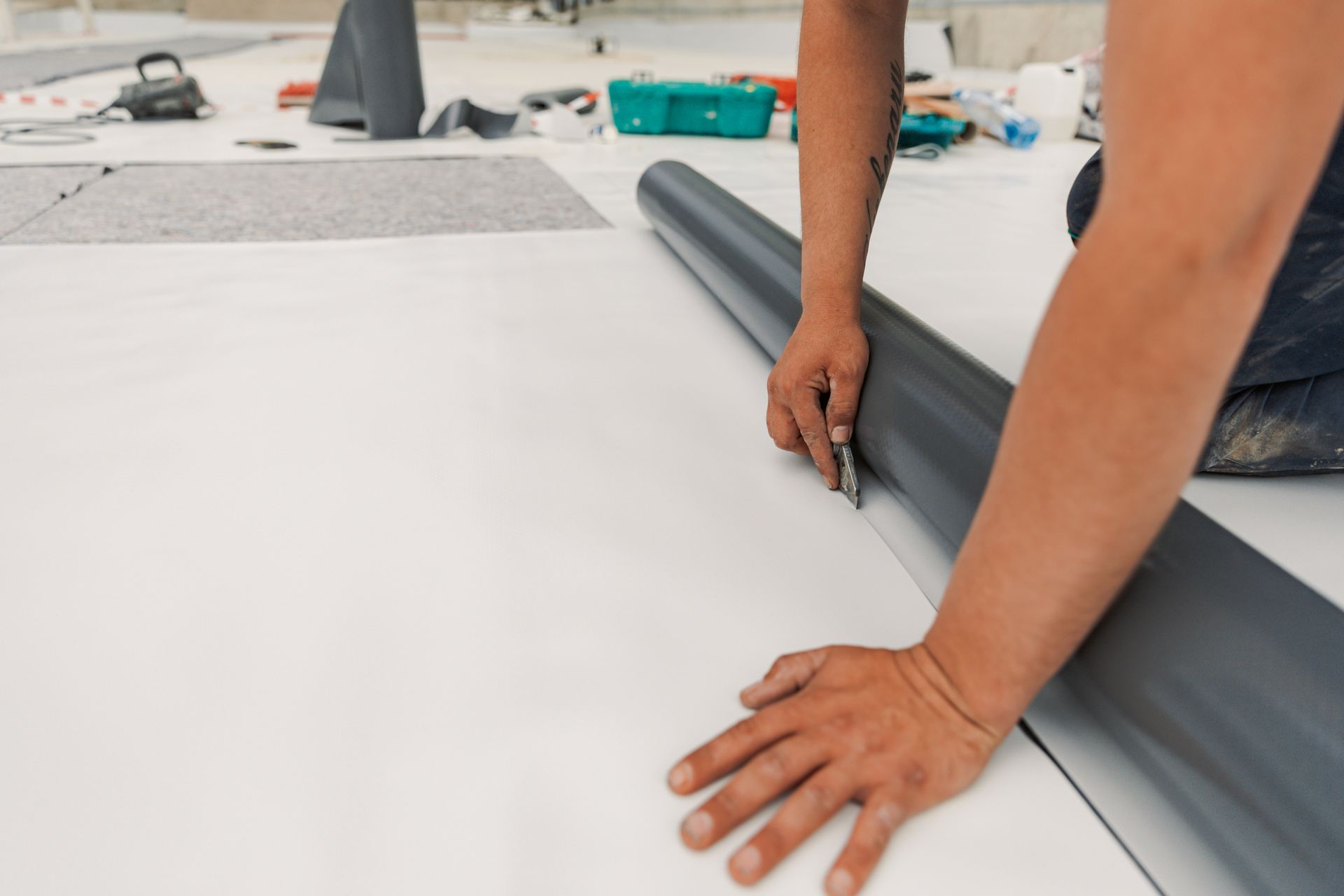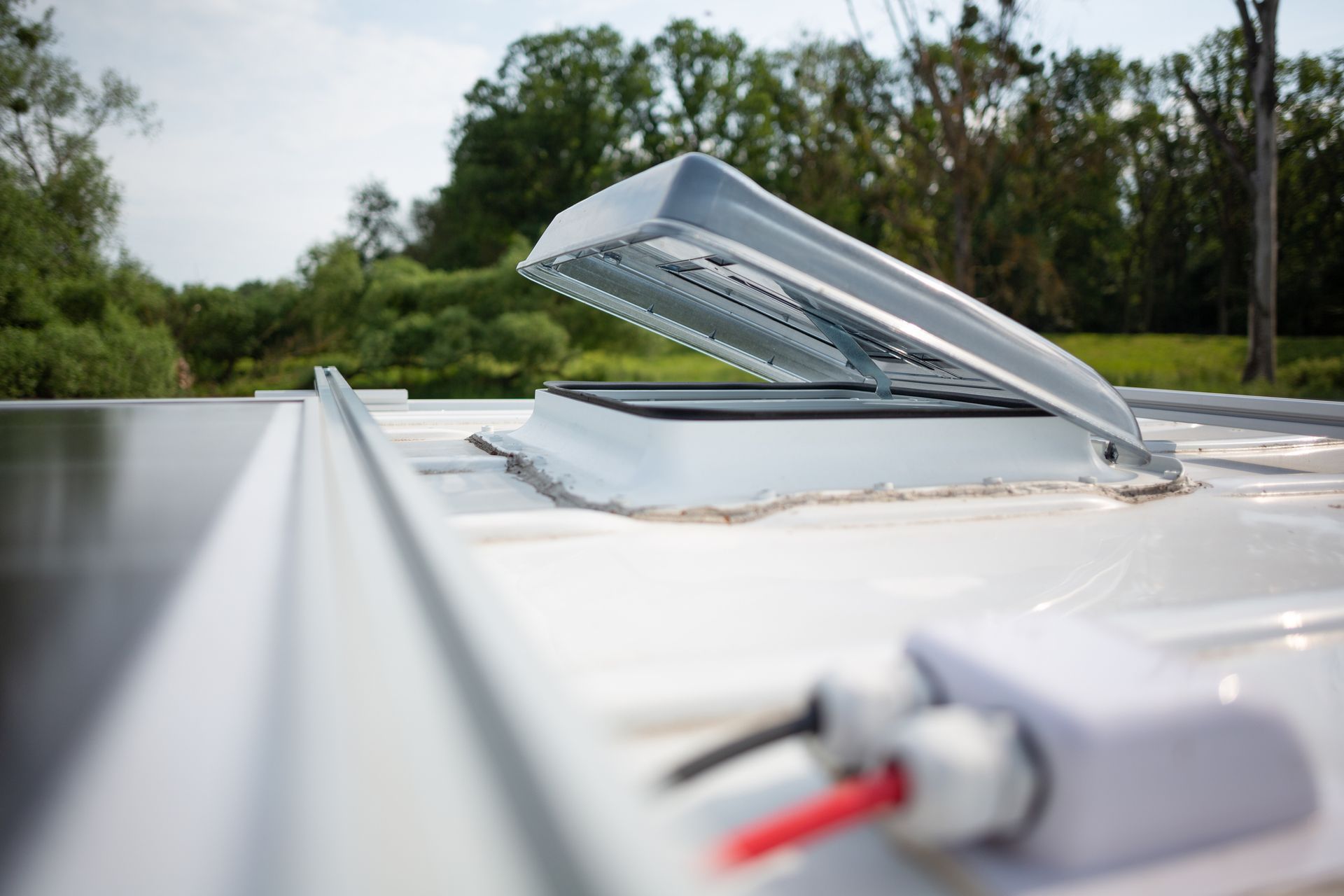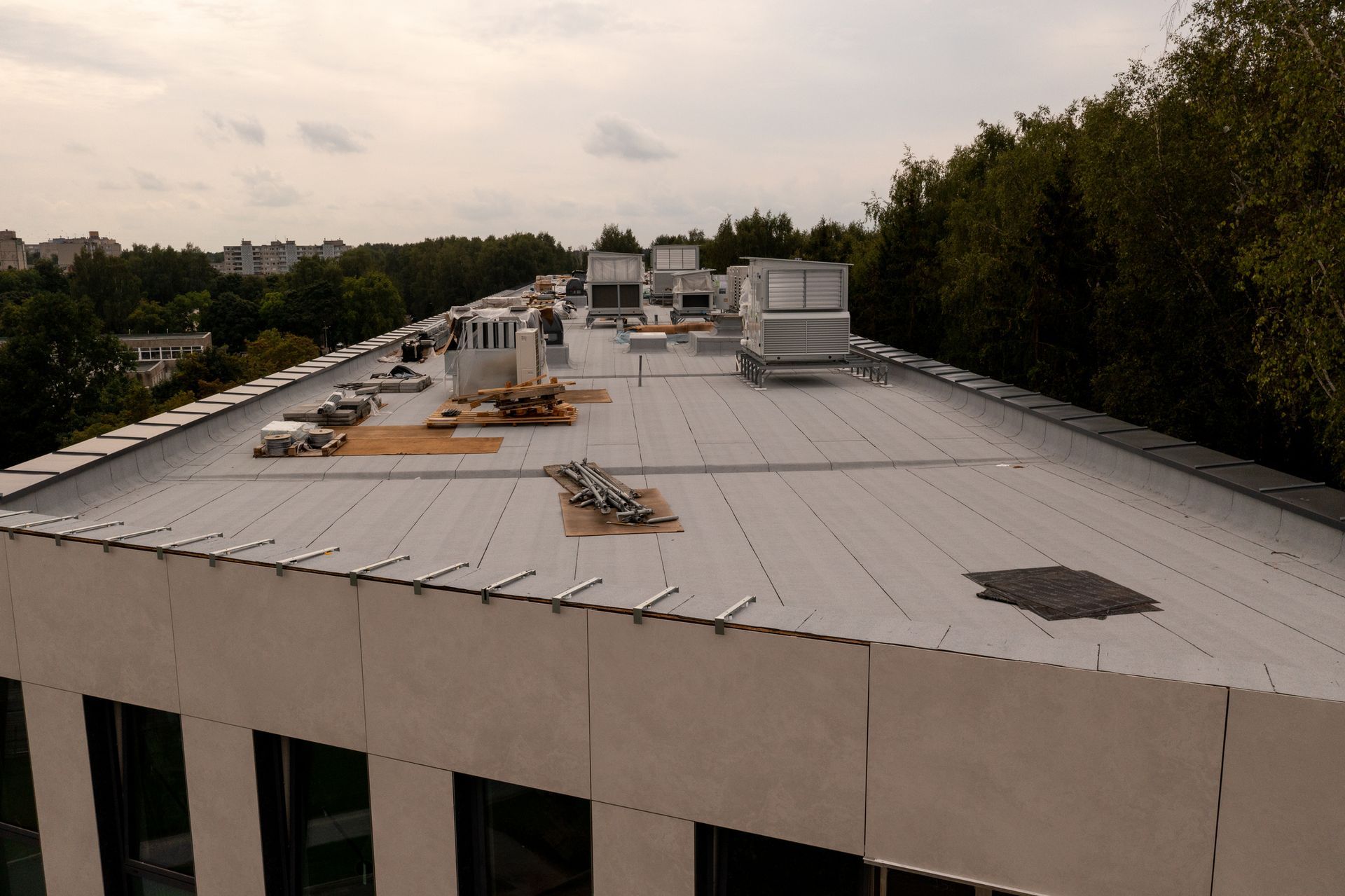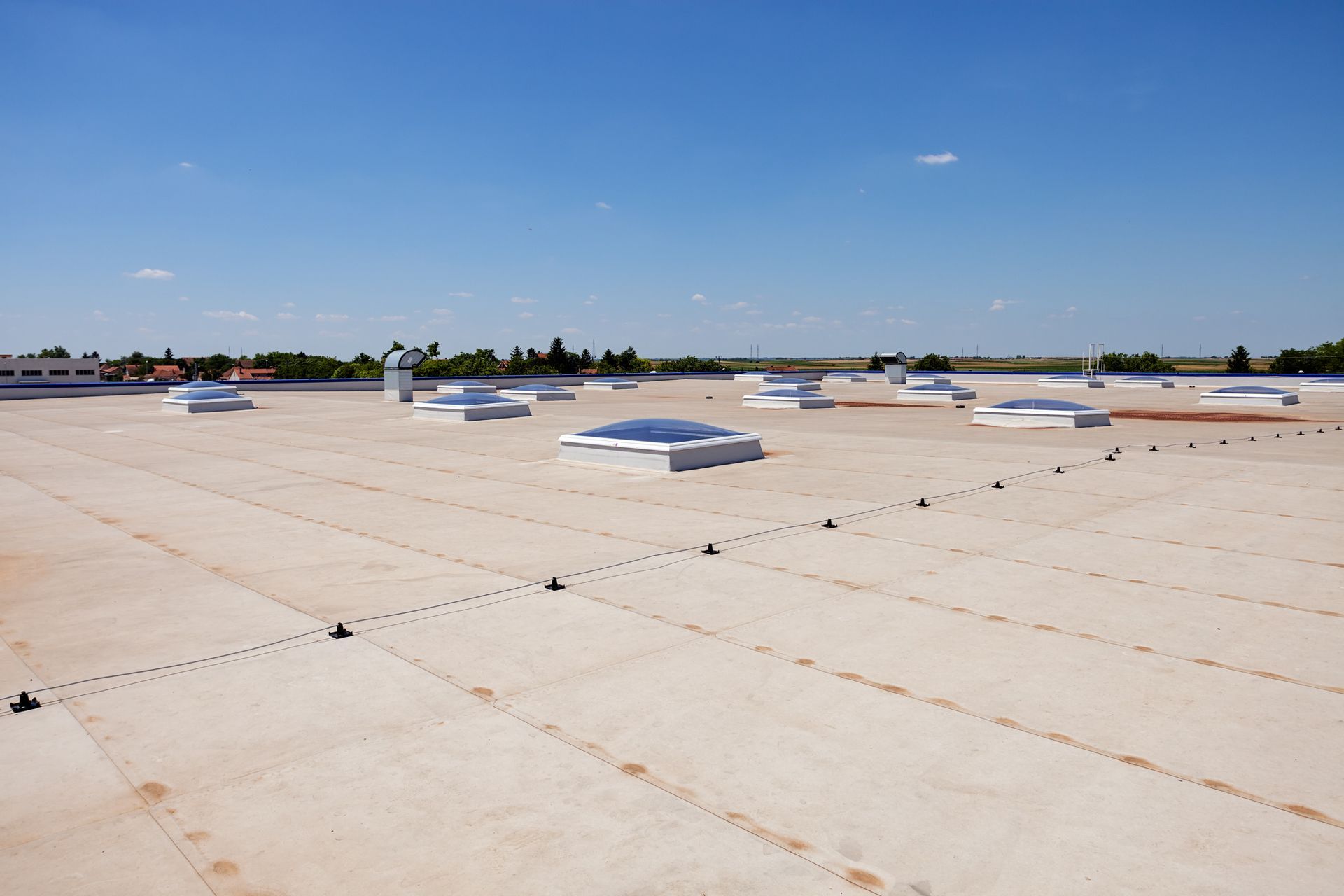About All Seasons Roofing – Your Local Roofing Experts
Serving the Mid-Missouri Area: Jefferson City, Columbia, Lake of the Ozarks, Moberly, Kingdom City, Centralia, Sedalia, Rolla and more!
Learn about All Seasons Roofing business values and staff.
About All Seasons Roofing
All Seasons Roofing, LLC has provided flat roofing systems for local businesses, facility managers and owners since 2004. We are proud to offer the absolute best in roofing value, time-honored customer service, quick project turn-around and accurate budgets. As a community team player, we hope to be providing roofing systems in Central Missouri for many years to come, that’s why we have a no-nonsense approach to sales and service.
If you are in need of a flat roof repair, replacement estimate or have questions about retrofitting your metal roof to a membrane system please contact us today.
Company Core values
Be passionate in what you do
Do the right thing
Be a team player
Treat everyone like you want to be treated
Company Core Focus
Purpose/Cause/Passion
Install the right commercial roofing system to meet the customer’s needs
Provide the highest level of workmanship, striving for 100% customer satisfaction
Conduct ourselves safely and professionally
Earn the confidence of those customers whom we serve
Contribute positively to the communities we serve
3 Tiered Quality Assurance
Each individual Roofing Technicians installs the flashing details to manufacturer’s recommended standards and initial his/her work on the roof.
The Foreman/Superintendent walks the entire roof after completion and performs a well documented inspection checklist- all necessary repairs are made to correct all deficiencies.
The manufacturer’s technical representative does a “Final Inspection” with the superintendent to ensure the roofing system meets the highest standards. The manufacturer issues the final warranty for the owner of the building.
Our Staff
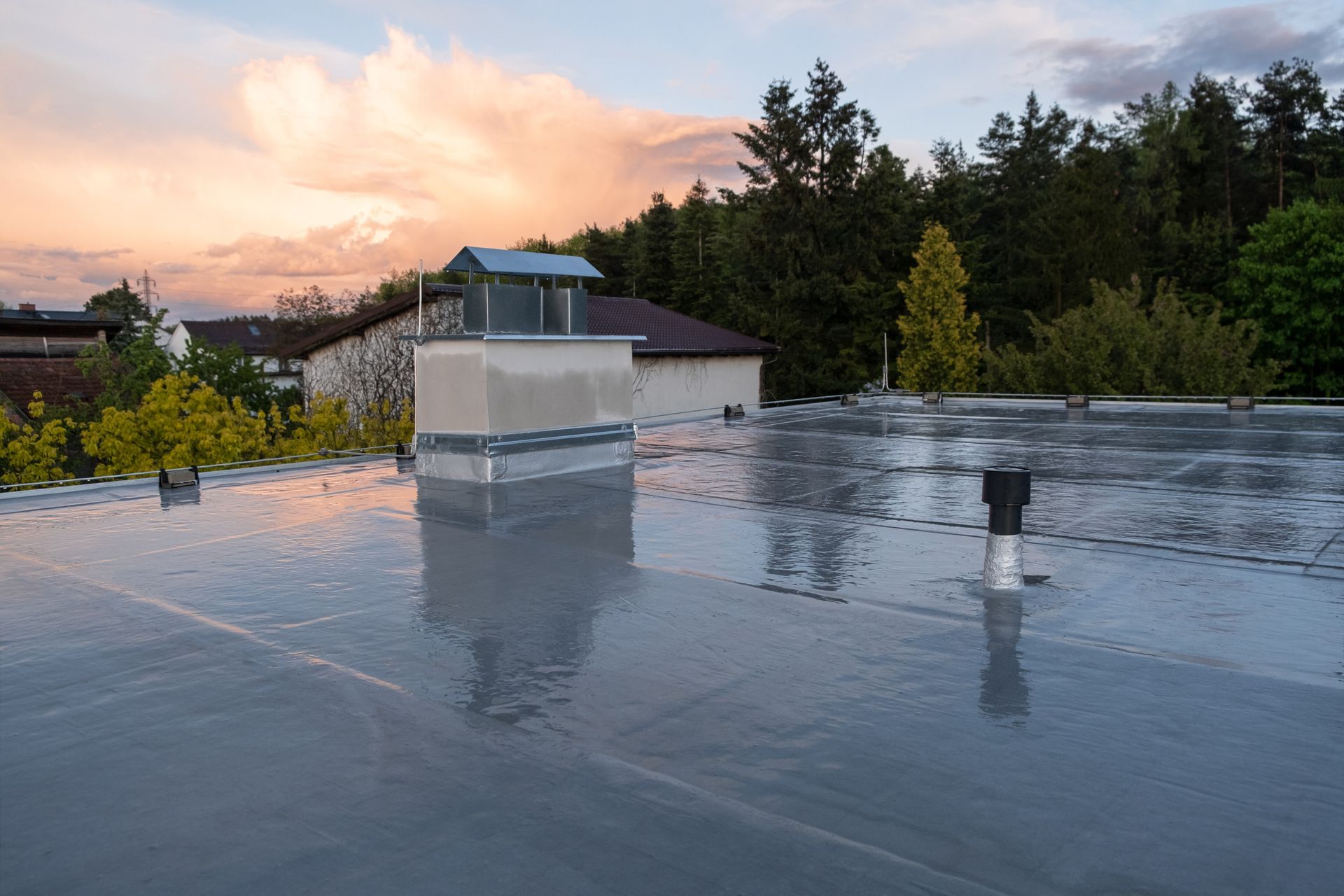
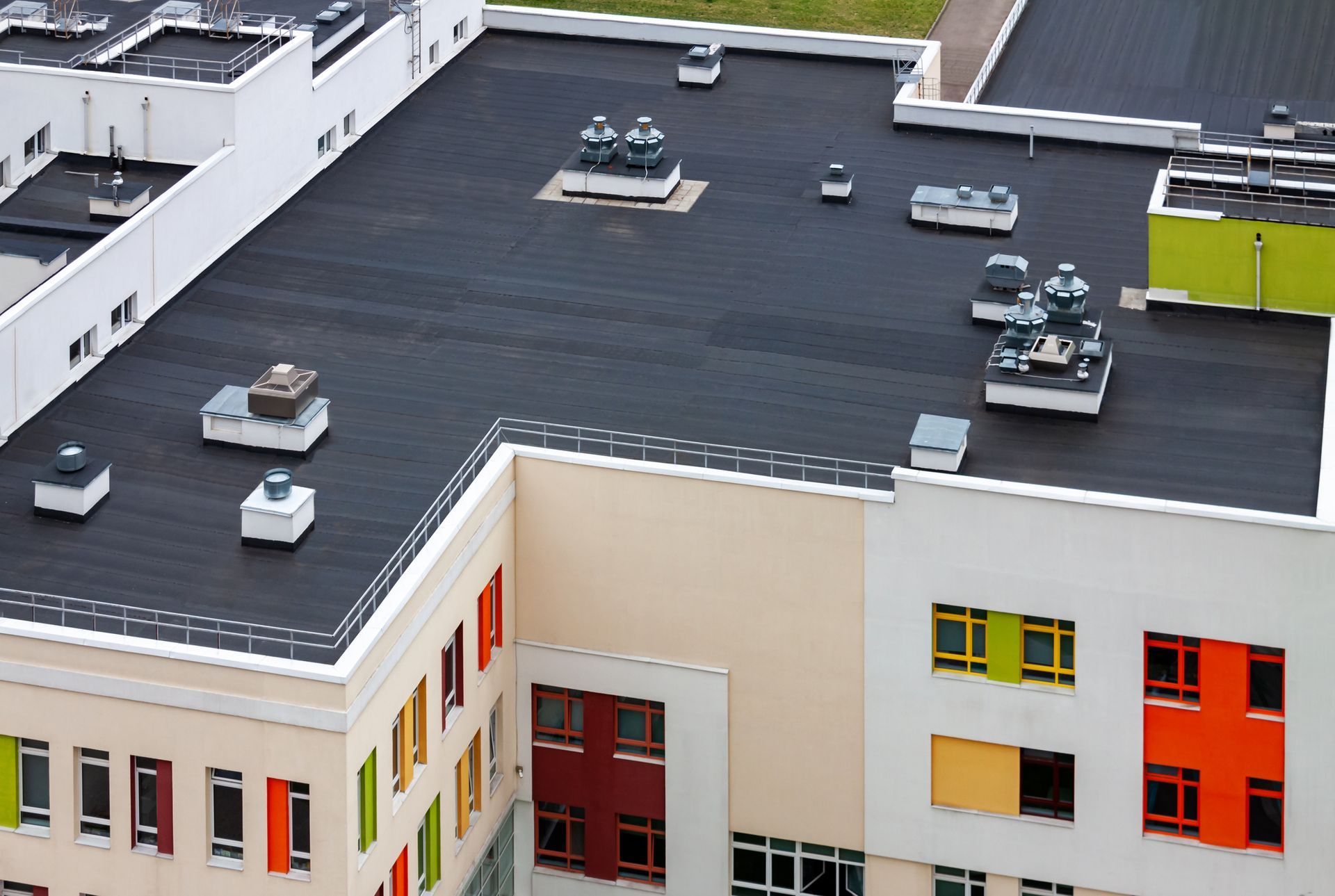


Jefferson City, MO
Columbia, MO
California, MO
Fulton, MO
Mexico, MO
Rolla, MO
Sedalia, MO
Union, MO
Lake of the Ozark, MO
Sullivan, MO
Marshall, MO
Moberly, MO






